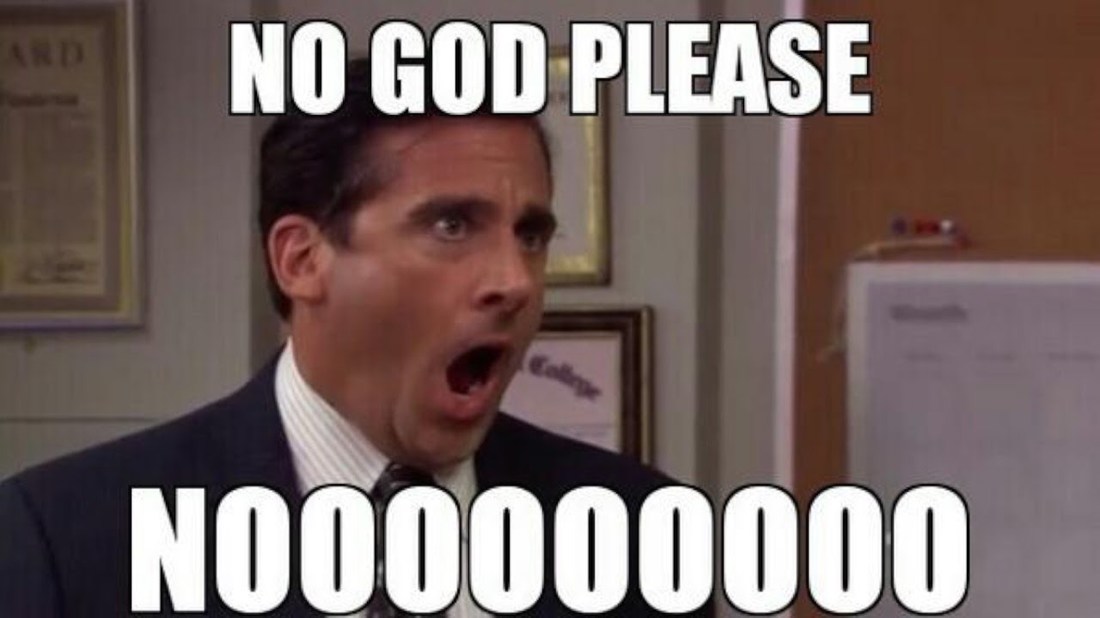Climate Change: ProCon
IDEA
TedEd
LiveScience
Skeptical Science
Climate Debate Daily
David Suzuki Foundation
Mrs. Andrea's PowerPoint
Here are the four potential prompts you will be debating. Bear in mind that you will be expected to go above and beyond the content of the prompt.
1. Who should make decisions about how we move forward within a country? The government, private businesses, the public, a coalition, etc. What should be the role of scientists and experimentation in the future now that there’s an urgent need for affordable solutions that work as advertised?
2. How should the relationship among countries change and who should be making the global decisions? Should the biggest carbon producers face stricter standards, and what are the penalties for breaking those standards? How do we allow peripheral nations to continue to develop to meet “first-world” standards without counteracting the carbon-reduction tactics being done across the world?
3. What is the role of reproduction in a world facing climate change? Should we limit the number of children born? How would we do that on a global scale?
4. What should be the role of city mayors (or state governors) for keeping emissions low? Should a town face penalties for excessive emissions? Should a state receive extra benefits of some kind for being carbon-neutral? How can a mayor change his town to recycle more, use less water, create more sustainably, make green roofs, etc. for businesses, homes, and industries? Who can/should have exceptions to the roles (i.e. should hospitals have to restrict water use if everyone else does? fire departments?)
Fish, Tuleen & Zain...the following are for you.
IDEA
TedEd
LiveScience
Skeptical Science
Climate Debate Daily
David Suzuki Foundation
Mrs. Andrea's PowerPoint
Here are the four potential prompts you will be debating. Bear in mind that you will be expected to go above and beyond the content of the prompt.
1. Who should make decisions about how we move forward within a country? The government, private businesses, the public, a coalition, etc. What should be the role of scientists and experimentation in the future now that there’s an urgent need for affordable solutions that work as advertised?
2. How should the relationship among countries change and who should be making the global decisions? Should the biggest carbon producers face stricter standards, and what are the penalties for breaking those standards? How do we allow peripheral nations to continue to develop to meet “first-world” standards without counteracting the carbon-reduction tactics being done across the world?
3. What is the role of reproduction in a world facing climate change? Should we limit the number of children born? How would we do that on a global scale?
4. What should be the role of city mayors (or state governors) for keeping emissions low? Should a town face penalties for excessive emissions? Should a state receive extra benefits of some kind for being carbon-neutral? How can a mayor change his town to recycle more, use less water, create more sustainably, make green roofs, etc. for businesses, homes, and industries? Who can/should have exceptions to the roles (i.e. should hospitals have to restrict water use if everyone else does? fire departments?)
Fish, Tuleen & Zain...the following are for you.
Structure of the Debate:
There are two sides: PRO and CON. Order is as follows:
1. PRO gets 3 minutes to present their position.
2. CON gets 3 minutes to present their position.
3. ~~3 MINUTES PREP TIME FOR REBUTTALS~~
4. CON gets 3 minutes to rebuttal the PRO's position.
5. PRO gets 3 minutes to rebuttal the CON's position.
6. CON gets 2 minutes to deliver summary/closing statement of their position.
7. PRO gets 2 minutes to deliver summary/closing statement of their position.
END PART ONE OF DEBATE. REPEAT FOR PART TWO.
There are two sides: PRO and CON. Order is as follows:
1. PRO gets 3 minutes to present their position.
2. CON gets 3 minutes to present their position.
3. ~~3 MINUTES PREP TIME FOR REBUTTALS~~
4. CON gets 3 minutes to rebuttal the PRO's position.
5. PRO gets 3 minutes to rebuttal the CON's position.
6. CON gets 2 minutes to deliver summary/closing statement of their position.
7. PRO gets 2 minutes to deliver summary/closing statement of their position.
END PART ONE OF DEBATE. REPEAT FOR PART TWO.

 RSS Feed
RSS Feed